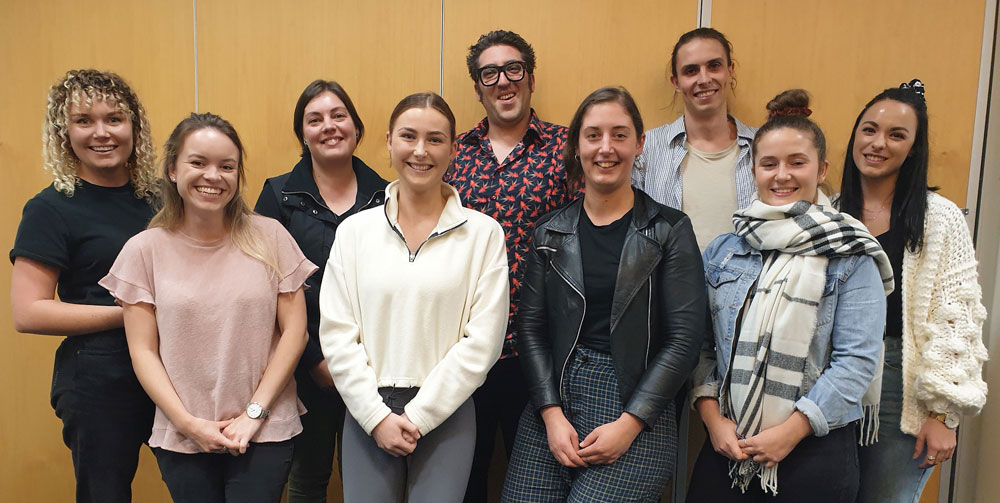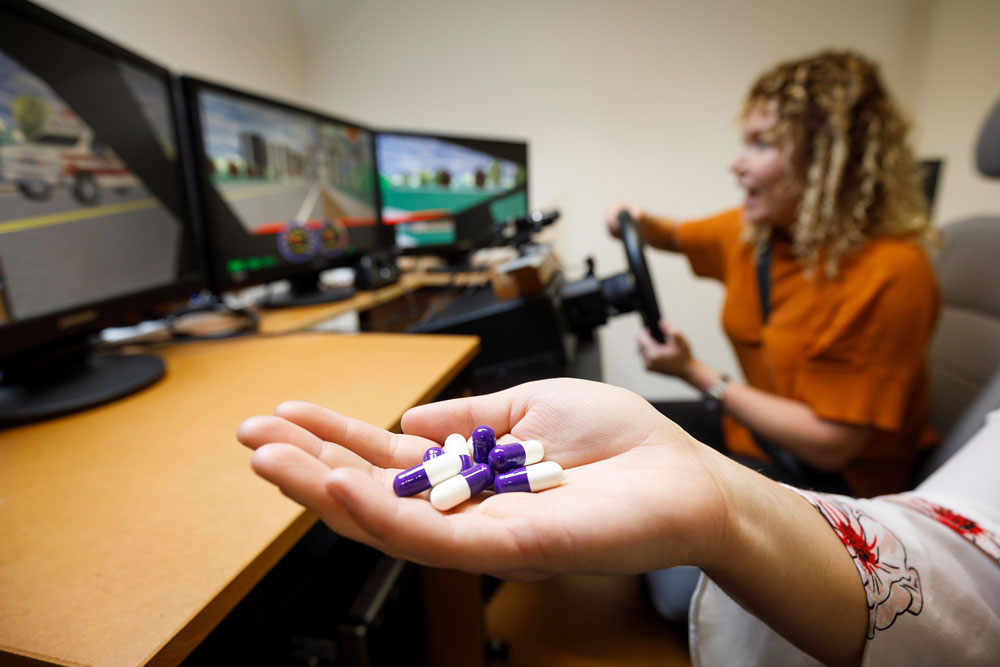The Drug Research UTAS Group (DRUG Lab)
We examine the cognitive consequences of the use of medications and illicit drugs; illicit drug market trends; and approaches to reduce the harms associated with substance use.

We aim to conduct applied research in relation to the use of both ‘legal’ and ‘illegal’ drugs that has real implications for consumers. We have an interest in developing open access tests of cognition that can help predict outcomes for people undergoing substance use treatment. We also examine changes in drug markets that can produce harm to consumers and seek to find ways to inform health workers and consumers to reduce these.

Expertise
- Novel Psychoactive Substances
- Extra-medical pharmaceutical use
- Psychostimulants
- Illicit Drug Markets
- Internet Drug Markets
- Psychopharmacology
- Cognitive Testing
- Psychometrics
- Statistical analysis
- Drugged Driving
- Alcohol
- Injecting Drug Use
- Harm Reduction
Projects
Drug Trends
The Drug Trends program is an internationally-renowned system which the National Drug and Alcohol Research Centre (NDARC) has coordinated since 1996. The program is key to identifying emerging trends in substance use in Australia, and providing impetus for policy responses and intervention. Drug Trends is funded by the Australian Government Department of Health under the Drug and Alcohol Program. We are the Tasmanian arm of this program operating out of the University of Tasmania. We conduct interviews with people who regularly inject drugs (Illicit Drug Reporting System) and who regularly use ecstasy and other stimulants (Ecstasy and Related Drugs Reporting System) in and around Hobart. We use this information alongside analyses of routinely-collected indicator data from Tasmania Police, hospitals, treatment and other health services to describe changes in drug use and health across Tasmania over time. Head to https://www.tasdrugtrends.org.au to find out more
Other projects include:
- Has restricting over-the-counter access to codeine painkillers helped or hurt consumers?
- How does long-term strong painkiller use impact on cognition?
- Are there hidden cognitive impairments from time spent at a festival that can impair safety even when you don’t have any alcohol in your system?
- Are methamphetamine consumers accurate in estimating how much they consume?
- What types of cognitive deficits are associated with early drop-out in treatment for drug dependence?
- Is alprazolam use particularly associated with crime?
- How can we measure how attractive a pharmaceutical is to be used extra-medically?
- Developing valid cognitive tests for use in people with substance use problems that predict risk of relapse
Group Leader(s)
Affiliation
School of Psychological Sciences
Contact
Email: Raimondo.Bruno@utas.edu.au
Group members
- Dr Allison Mathews
- Janke Akhurst
- Tom Norman
- Jacqui McCoy
- Callula Sharman
- Madeline Anderson
- Lauren McKeogh
- Lisa Bird
- Oliver de Angelis
- Hannah Lethbridge
- Erin van der Kley
- Megan Young
- Tanya Wilson
